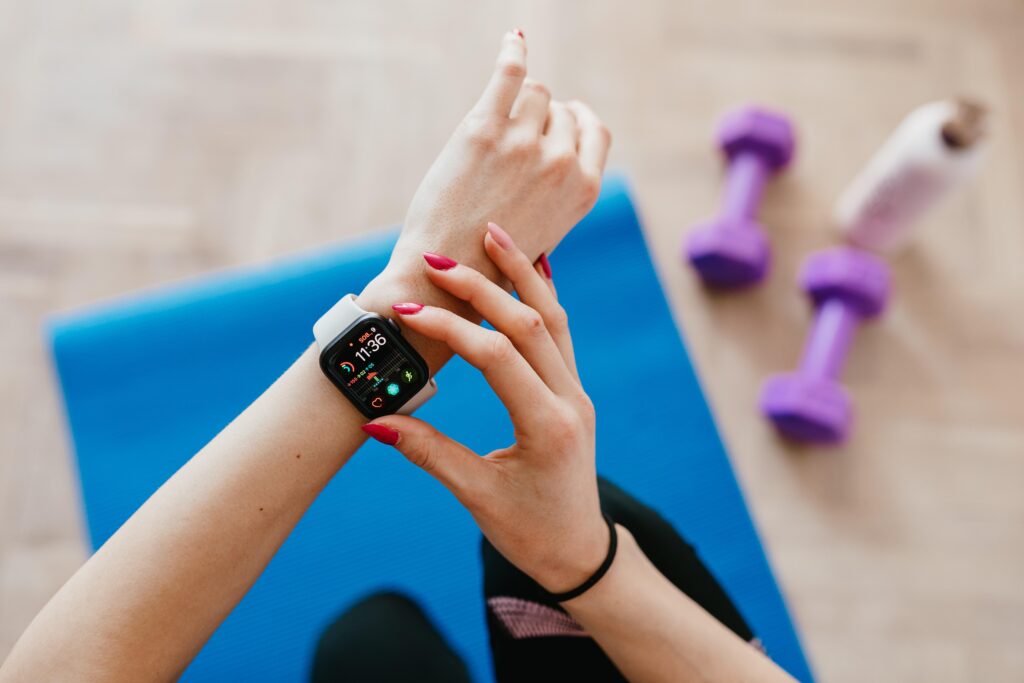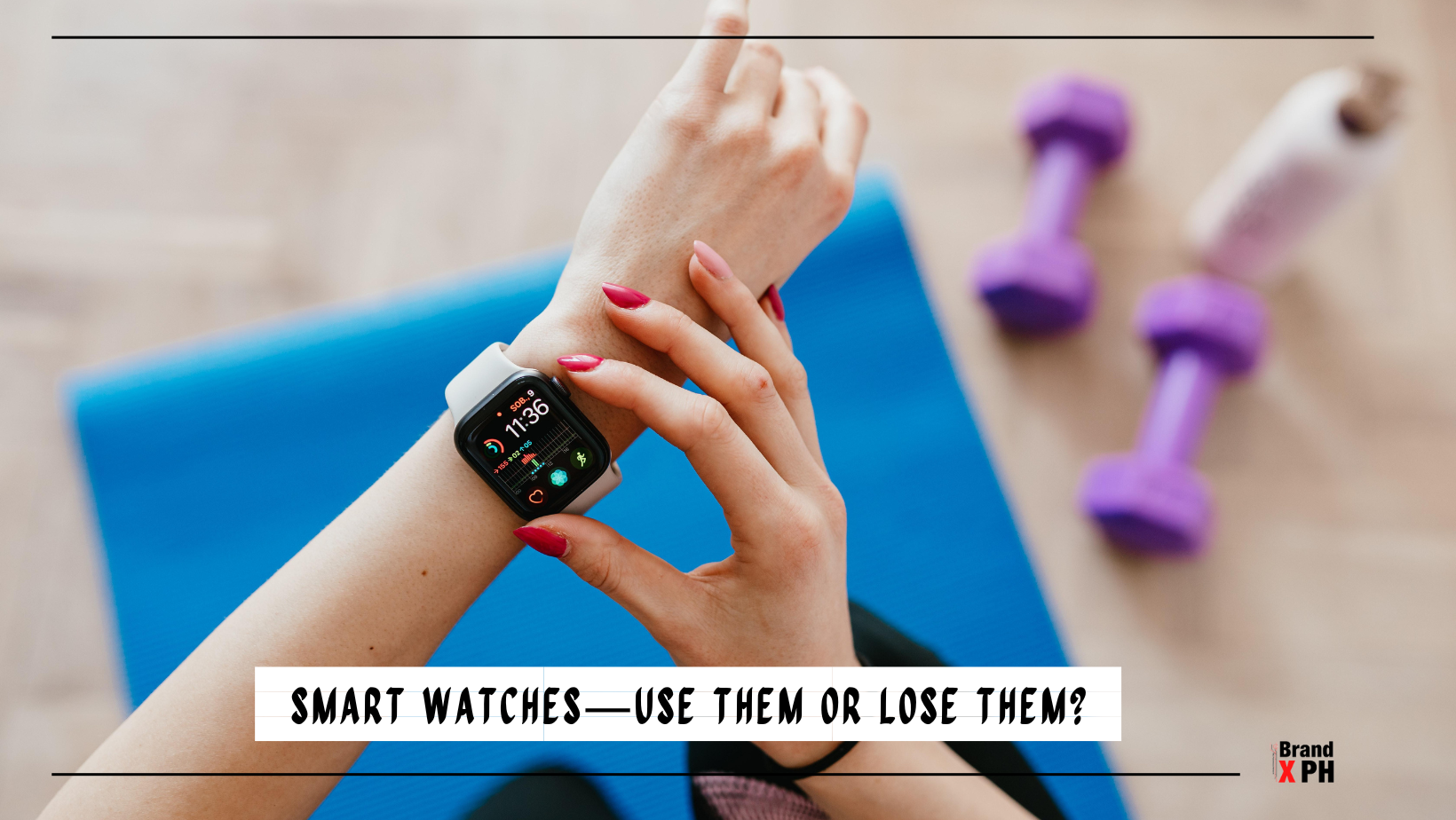
Gone are the days when the only way you knew your blood pressure was with the help of a doctor or a nurse and a sphygmomanometer. With the advent of the smartwatch—wearable technology designed to perform the tasks of several other gadgets—monitoring your vital signs is now as easy as tapping a touchscreen.
Depending on what smartwatch you have, the compact computer on your wrist can do just about anything. Through sensors, it can monitor your heart rate, blood pressure, and blood oxygen saturation; track the number of steps you take, the distance you covered, and calories you burned. More advanced models are even capable of monitoring your menstrual cycle, detecting irregular heartbeat, and taking an ECG!
Such information is particularly helpful to your primary physician, who can make better diagnoses and recommendations based on the data saved on your watch. “With the constant advancements in technology, the possibilities for how wearable technology can be integrated into healthcare practice are endless,” acknowledges Juancho Alfredo D. Las, MD, Head, Section of General Internal Medicine, Department of Medicine of top hospital in the Philippines, Makati Medical Center (MakatiMed).
Thinking of investing in wearable tech? Dr. Las explains what a smart watch can and can’t do:
It keeps you and your doctor informed. If hypertension remains the leading cause of illness among Filipinos, according to the DOH, it’s not only because of unhealthy lifestyle habits. “A majority still don’t know what their average blood pressure is,” says Dr. Las. “Even worse, many with hypertension are asymptomatic. They think there’s nothing wrong with them until it’s too late.”
A smart watch removes any guesswork and allows you to take proactive steps. “If you’ve never had high blood pressure before and you see a constant trend, advise your doctor,” says Dr. Las. “Same with those whose BP remains elevated even with maintenance medication. Let your doctor know so he or she could look into it and possibly adjust your dosages. And if your blood pressure and heart rate are unusually high during a workout or even when you’re at rest, it’s a sign to slow down.”
With all this real-time information on your wrist, there’s the tendency to constantly check your smart watch, or entertain worse-case-scenario thoughts. “Over-tracking is definitely unhealthy and can only stress you out,” Dr. Las points out. “Resist the urge to keep looking at your watch and monitoring yourself.”
It’s a great motivator. There’s nothing more satisfying than knowing you accomplished the recommended 10,000 steps a day—or better yet, topped it. “If you’ve never worked out before, a smart watch can jump-start your routine and serve as a personal coach of sorts. It can also challenge you to improve your stats—from going longer or faster, to successfully bringing down numbers like elevated blood pressure and heart rate,” says Dr. Las.
Again, don’t obsess over the results. “It’s good to push yourself to do better. But you risk burnout and eventually losing interest in your fitness journey,” Dr. Las explains. “Be happy with what you can accomplish in a day and don’t beat yourself up if you didn’t perform as well as you liked. Tomorrow is another day.”
It’s a gadget. While most smartwatches are accurate, they are not infallible. “If you don’t wear it properly if your particular unit has technical issues, or in the event of spotty GPS, a smartwatch may yield inaccurate results,” Dr. Las cautions.
It can’t replace your doctor. Ultimately, your primary physician is still the best source for providing information and advice regarding your health. “Unlike a smartwatch, your doctor can perform a physical exam to check for other symptoms of a suspected condition,” says Dr. Las. “And can also make specific recommendations—prescribe medication, request for diagnostic tests, a suitable diet, or how much exercise you’re allowed to do.”
“If you really want to get a smartwatch, bring it up with your doctor and see how you can make the gadget work for both of you,” says Dr. Las. “The best smartwatches are those that make you take ownership of your current health situation and set you on the path to a healthy lifestyle.”
For more information, please contact MakatiMed On-Call at +632.88888 999, email [email protected], or visit www.makatimed.net.ph. Follow @IamMakatiMed on Facebook and Twitter.





